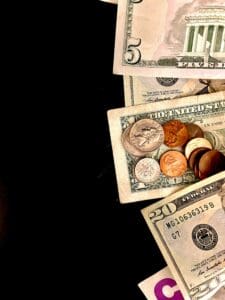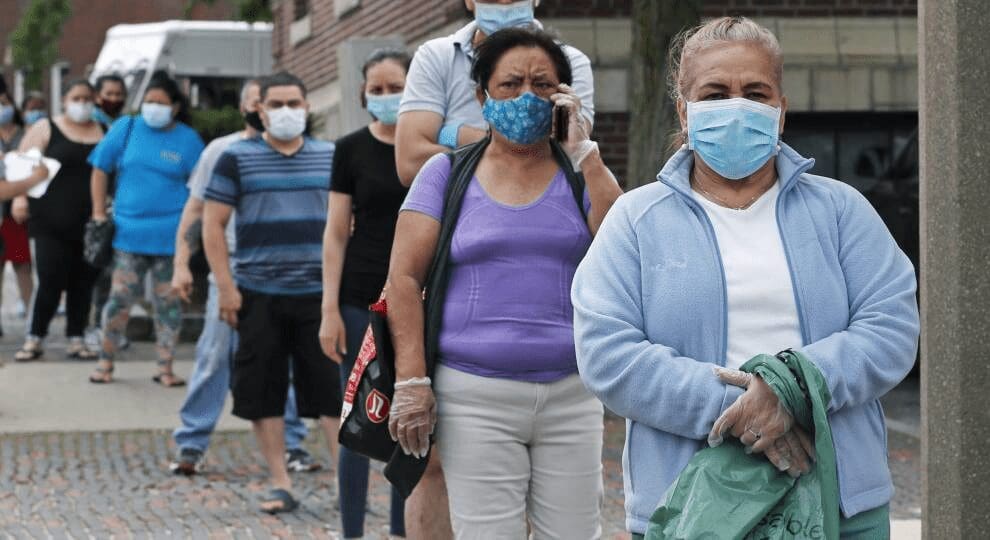‘You Can Trust People To Give Them Cash’: Why Skeptics Of Universal Basic Income Are Wrong
By: Aidan Connelly
In a win for proponents of universal basic income, initial findings from the city of Chelsea’s pilot UBI program indicate that families in need of extra cash tend to spend that money locally on the sorts of necessities that make getting by — and getting out of poverty — easier.
The Shah Family Foundation has been working intricately with the pilot program and is currently leading national research into why Americans tend to look so skeptically on the poor, despite evidence of UBI showing real benefits to society at large.
Speaking Tuesday on Boston Public Radio, Jill Shah, the organization’s president, said there’s “something about the way that we think about poor people that makes us resistant to trusting them.”
“We’re trying to figure out what that is,” she said, “because the opposite thing appears to be true every time you run guaranteed income programs.”
This past November, Chelsea launched America’s largest universal basic income program, doling out $200 to $400 a week in no-strings-attached funds for 2,000 of the city’s neediest families.
With Chelsea encompassing about 40,000 people, that level of investment reaches a substantial chunk of its total population, making subsequent data invaluable for researchers.
Its first piece of research, published earlier this month by a team at the Harvard Kennedy School, found that 75% of the funds given out in Chelsea went toward food at restaurants and grocery stores. Much of the rest was spent on things like clothes, utilities and transportation.
“Almost every dollar was spent locally, and a ton of it was spent at the local Market Basket and at small restaurants,” Shah noted. “So it was also helping spur on the local economy, which was kind of a two-for-one.”
And for those who might’ve expected the free money to be squandered, she noted that less than half of 1% went to liquor stores or smoke shops.
“You can trust people to give them cash,” she said.
Shah added that guraranteed income “will be much more efficient and effective, and we should be thinking about doing that very strategically with our most vulnerable population here in the state, as well as across the country.”
More substantial data on Chelsea’s pilot program, including findings about its impact on employment, are due sometime in July.



















